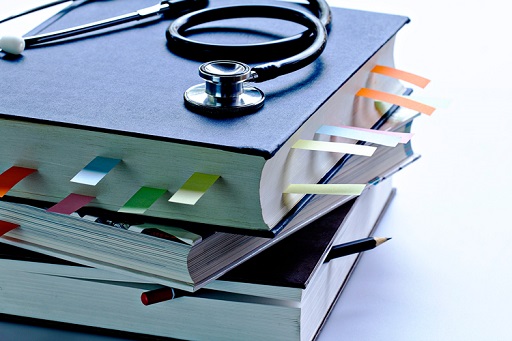MUSCULAR SYSTEM
Muscle is a contractile tissue which behaves as the body engine generating some movement and produces most of its heat there are three types of muscles :(1) skeletal (2) cardiac and (3) visceral .. skeletal muscles form the largest mass of tissue accounting for over 40% of the body weight their ability to shorten and attachment to bones produce voluntary body movements (locomotion ) besides producing heat and movements some of the skeletal muscles give protection to vital organs of the body (e.g abdominal muscles pectoralis muscle etc) intercostal muscles and diaphragm help in respiratory movements skeletal muscles also give shape and form to the body and serve to store glycogen smooth muscles ares found in the walls around hollow organs such as the digestive tract blood vessels trachea urinary bladder uterus etc they produce involuntary movements in response to internal and external stimuli cardiac muscle is found in the wall of heart and used to propel blood the histological characteristics of these muscles have been discussed in chapter 2


0 Comments